
Though most blackouts linger for only a few hours, others might continue for many days. This holds true in the face of many natural calamities. Tornadoes, hurricanes, ice storms, flooding, lightning, and blizzards are just some of the natural disasters that may knock off electricity for several hours or even days.
Plus, there are a variety of issues that might develop if the electricity is cut off. Possible examples of such issues include a dead phone, broken heating/cooling system, or insufficient lighting. A lack of access to piped-in water is a problem in some areas of the country could be a problem as well.
When bad weather causes a power outage situation, the cell tower could not work properly. Because of this, communication lines may be compromised.
If you have a medical condition and you needed a breathing machine, oxygen tank, or dialysis machine, you will need to locate an alternative power supply for these items. Better yet, have a list of people to contact who can provide assistance to your medical needs. You should also be knowledgeable about the health services near your address, so you can quickly alert them about your help request. So, in case of an electrical outage, consider the following options:
Home Generator
In the event of a power loss, a generator is a useful backup option. A backup home generator powered by an internal combustion engine is readily available for purchase on Univix. It allows electrical devices like lights and appliances to be directly wired to the power source.
If you really need to use an extension cord, be sure it has the correct rating and is CSA-approved to avoid emergencies. Any of gasoline, diesel, or propane will work in the engine. It’s important to keep the generator away from any openings in the house, so make sure it’s running outside in a well-ventilated area to prevent accidents.
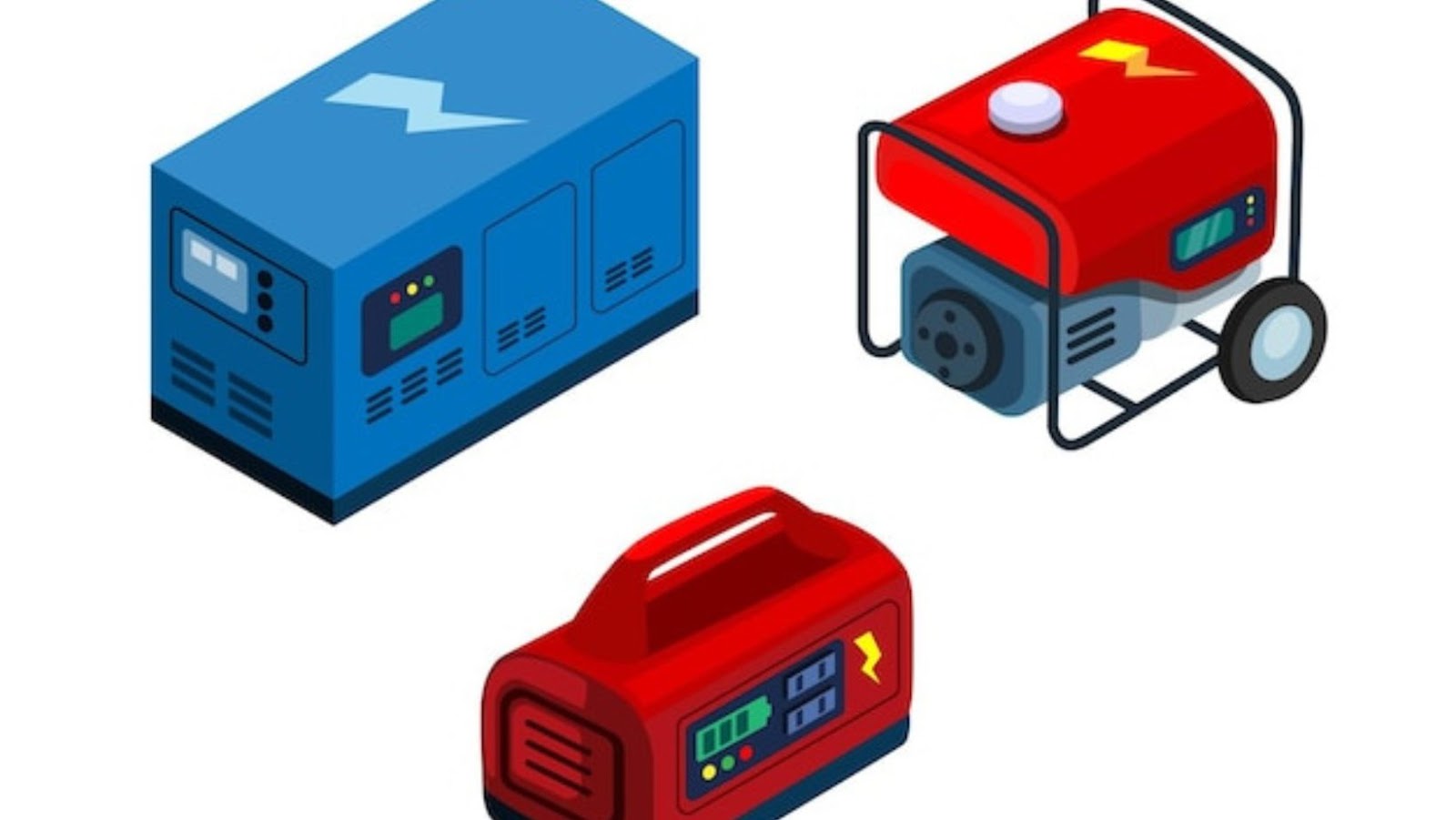
With the help of an extension cable and a tiny, 1000-watt generator, you can power your microwave, TV, iphone, and computer. Your refrigerator and other small appliances will need to run on a generator with a power output of 2,500 to 3,500 watts if you lose power. For additional needs, such as running an air conditioner and other equipment, choose a 5,000-watt generator connected to your home’s electrical system as it is a good investment.
Solar Generator
Solar generators are a flexible, self-sufficient energy source that can run life-sustaining electronics in the times of an electricity outage. It has a three-month storage capacity if fully charged. This system may provide assistance to activate your refrigerator, microwave, computer, trailer, and even your tiny homes.
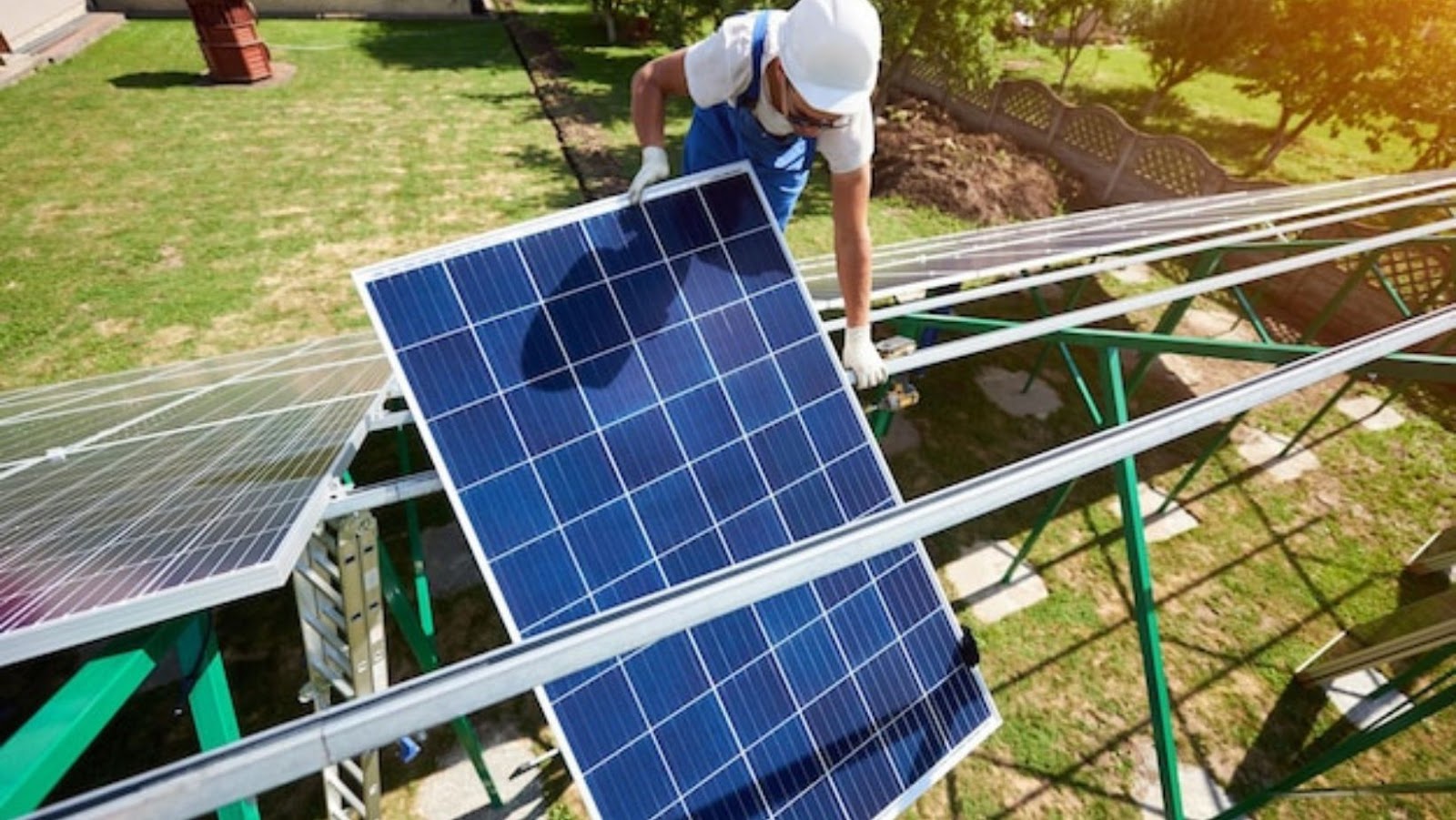
The solar generator has the advantage of being able to be recharged using solar panels. Therefore, this alternative can last for years. You can recharge most of these generators by plugging them into a vehicle, making them convenient to carry with you if you ever have to escape your place due to emergency.
Inverter
A 12V to 120V inverter is a device that can change the voltage of a 12V source. If your electricity needs are modest, say 200 watts or fewer, this is a simple and cheap option. However, the inverter may get rather pricey once the desired output energy exceeds roughly 2,500 watts.
There is no noise or upkeep required for inverters, which is a major plus. Common sources of electricity for inverters include the car’s battery or a dedicated deep-cycle battery. There would be enough juice in a standard automobile battery to run the lights for around three hours at that rate. Deep-cycle batteries, on the other hand, can maintain that level of output for up to eight hours.
The automobile battery will only last for roughly 12 hours if you solely use it to start lights. A deep-cycle battery may keep your electronics running for a couple of days. Any inverter with an energy output over 300 watts will require direct cable connection to the vehicle’s battery and constant engine operation when operating on car battery energy. Though, it would be more cost-effective to purchase a gasoline generator.
Phone Lines
Perhaps unexpectedly, you can recharge your mobile devices by plugging them into your home’s phone jack. Corded phones, as you may have seen, may function without being hooked into a energy source. This is because the phone line supplies all the energy required for operation. This juice comes straight to your home from the phone provider via a set of specialized cables that plug into your wall’s phone socket.
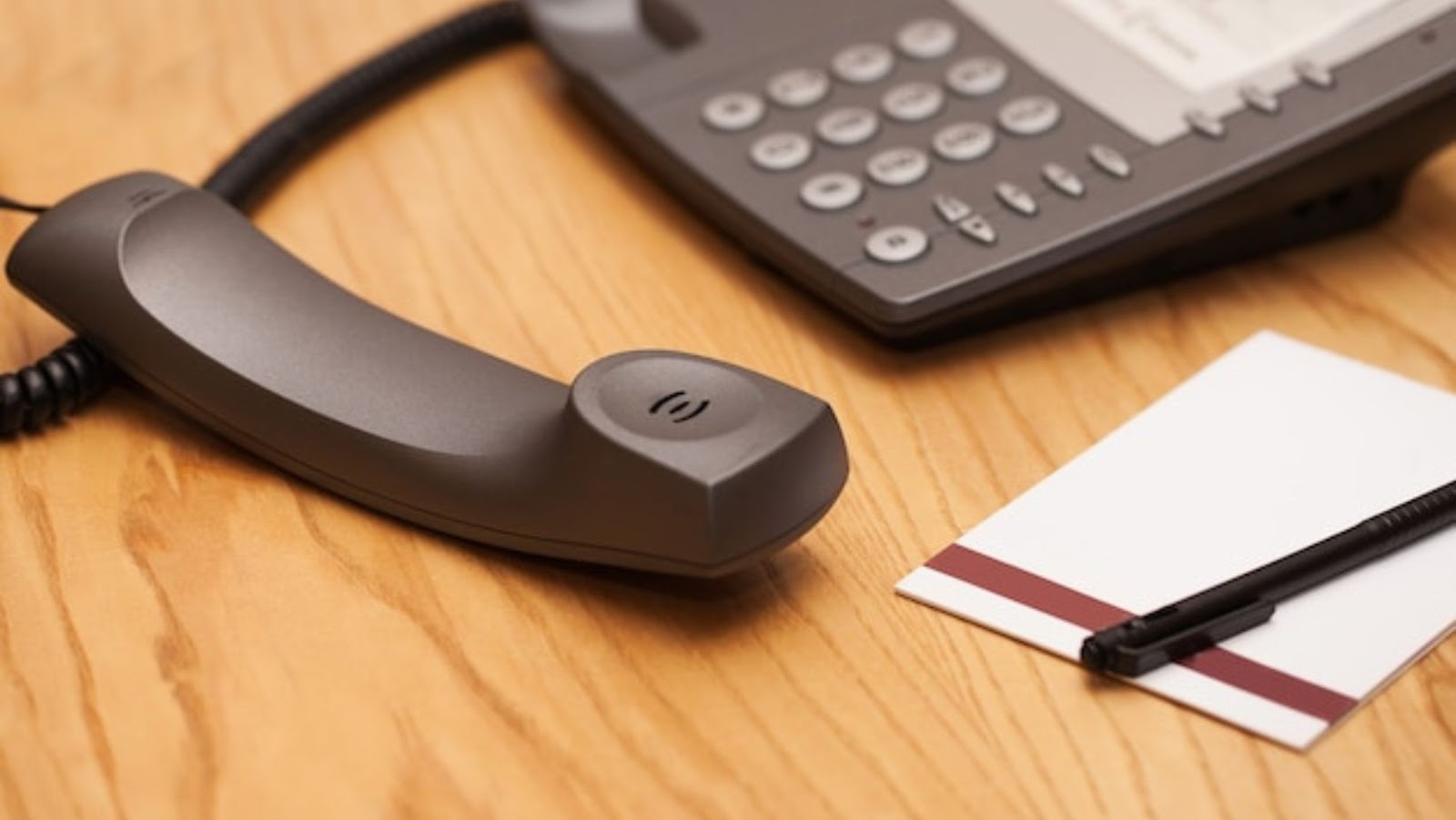
In most instances, telephone lines will still function even after the energy goes off. This is because the cell business has its own generator for emergency. Even if you don’t have land line service, your phone lines might still be live. However, you need to read and learn how to set up and connect this alternate source of energy properly to avoid any emergency.
PowerBank
A portable power bank is a device used to recharge electrical devices while on the road. When the power goes out and there’s no other way to get electricity, this comes in handy, too.
Portable battery packs (or “power banks”) can replenish the batteries of electronic devices such as smartphones, tablets, and even computers. You can check in on your family and friends and message them to ensure their safety. With this, you can also quickly read email or check information about the outage situation.
You can get power banks with capacities tiny enough to carry in your pocket, or you may find ones that are much bigger. There are several plugs included, so you may power many gadgets at once. Plus, they work with a wide range of gadgets, so you won’t have to worry about compatibility issues.
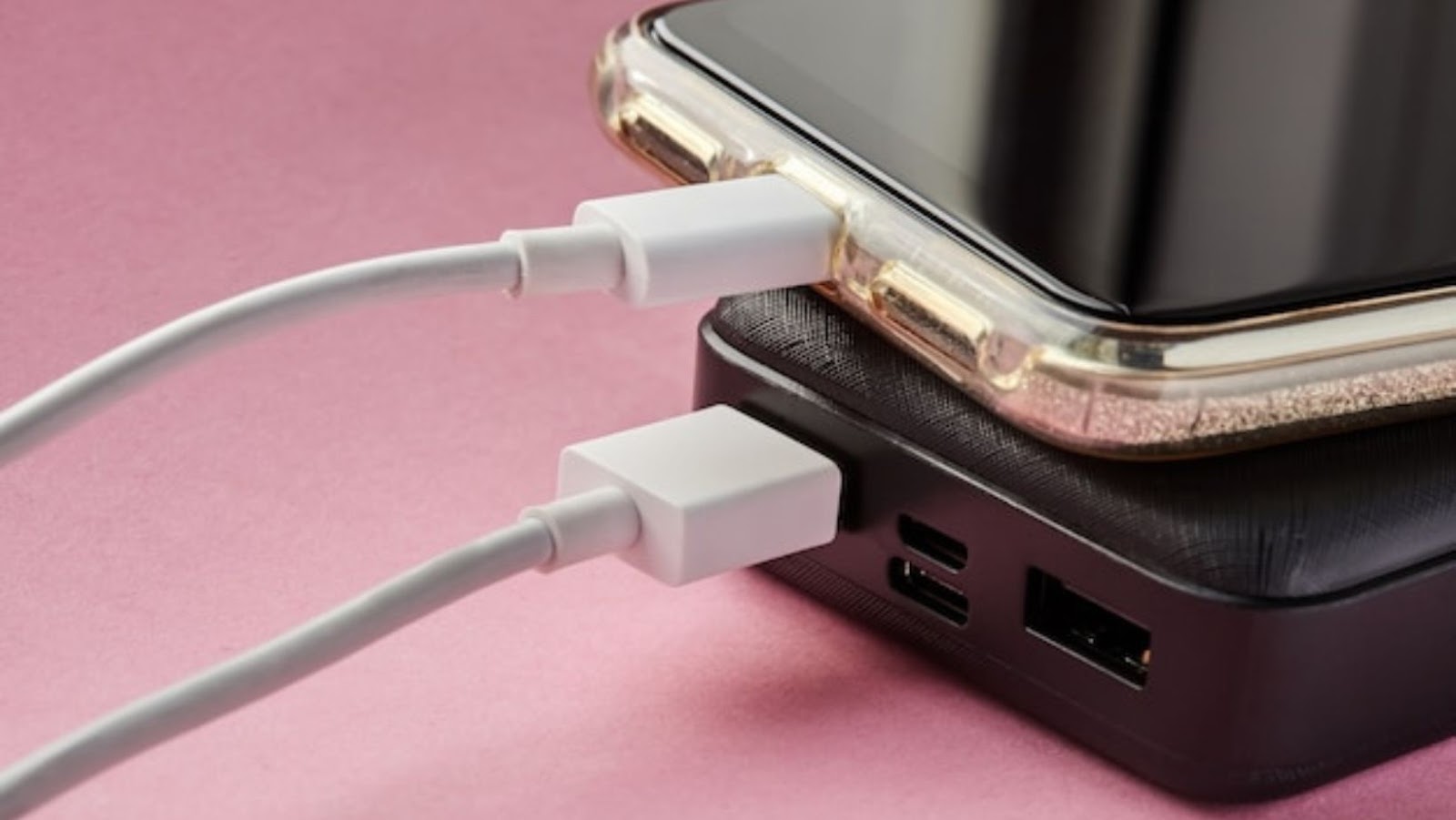
Not only do power banks have several useful functions and a sleek design, but they also cost extremely little. As a result of increased competition, power bank prices have dropped as more and more companies have developed their own variations on the device.
Conclusion
When there’s a power outage, it’s hard to get anything done. That’s why it’s important to plan for many sources of power so that you can at least keep the lights tuned on and your devices charged.
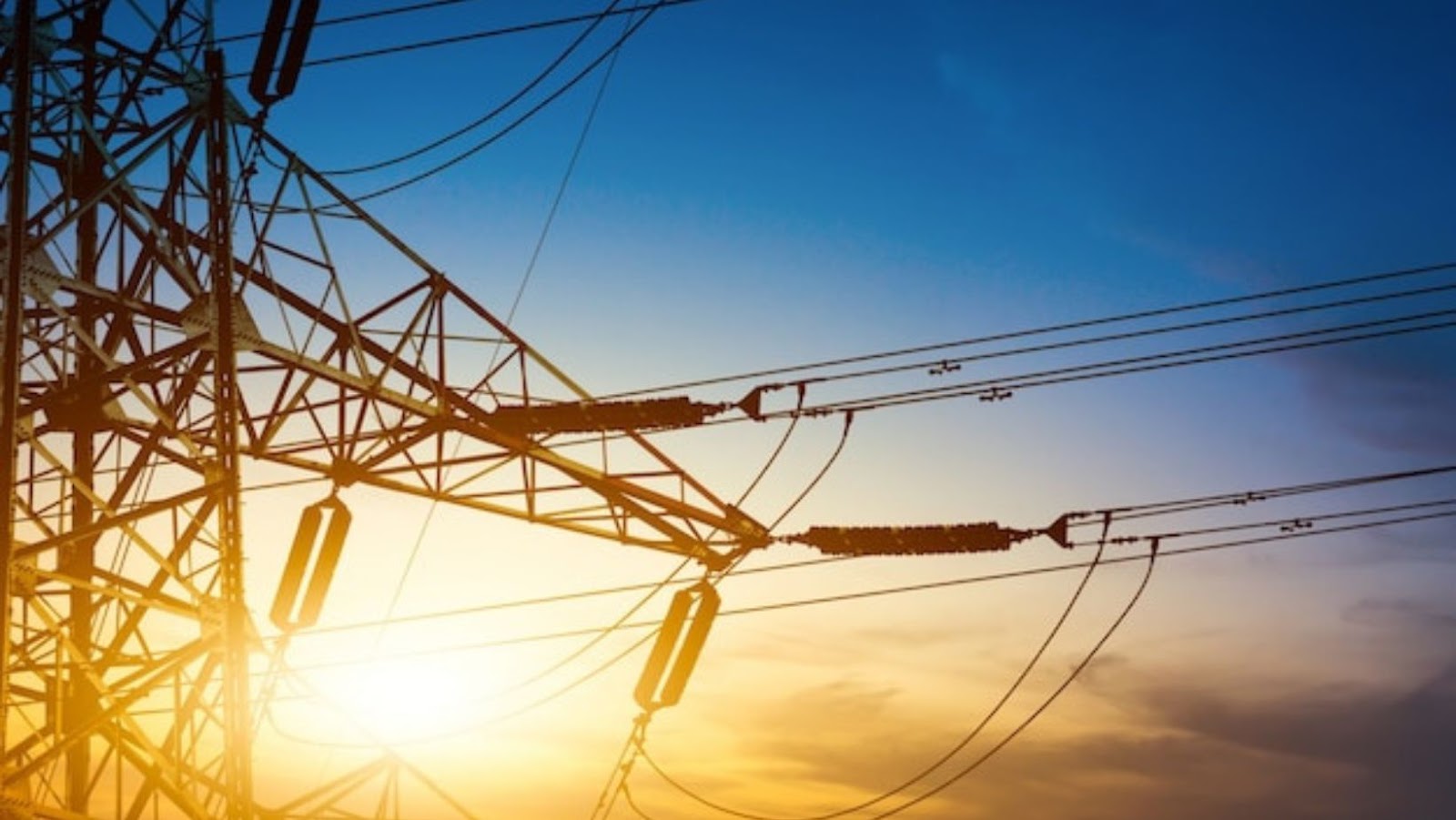
The aforementioned details should serve as a starting point for your research into alternative energy choices. Read more on Utility Bidder.























